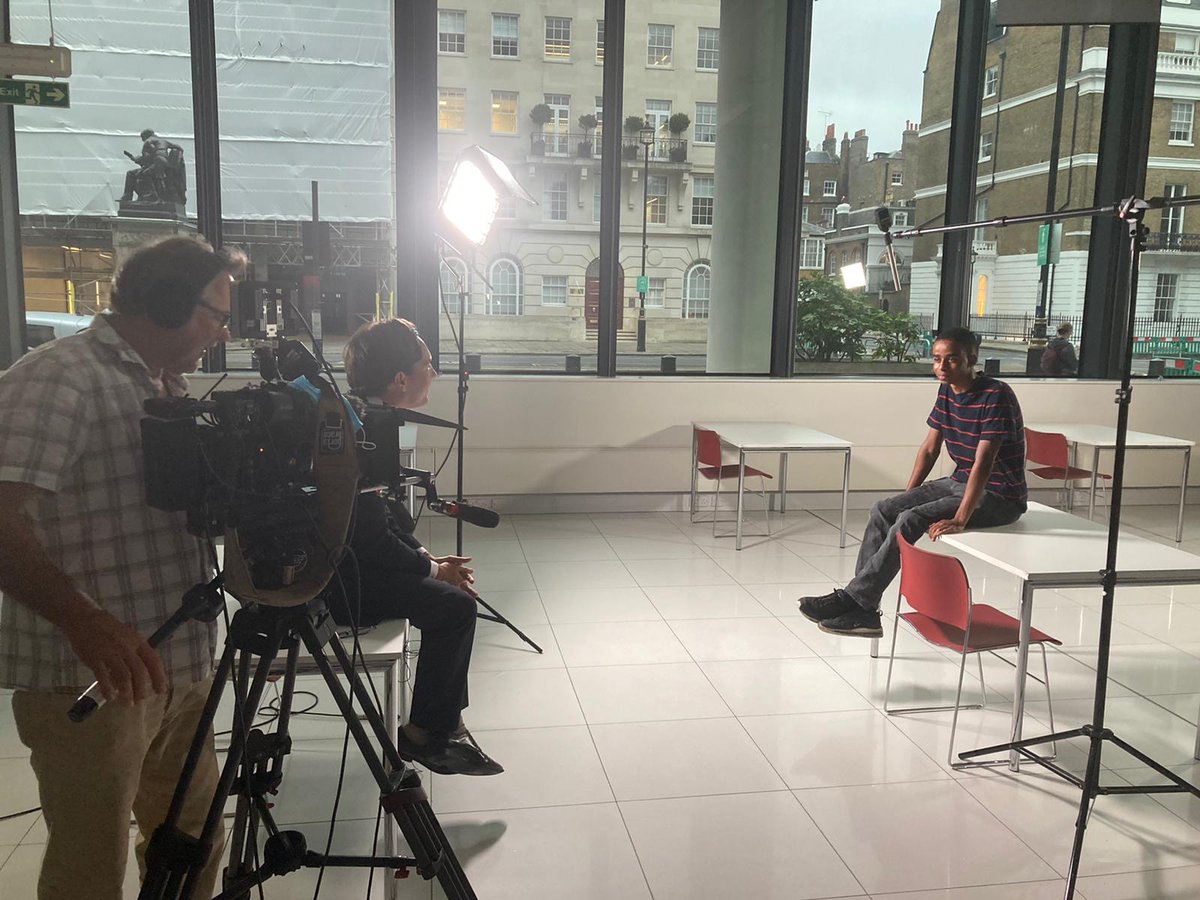What& #39;s going in universities?
Have spent the day talking to vice-chancellors, admissions officers and the like
Picture painted is one of confusion, some chaos and total uncertainty about the immediate future
Especially on what happens with appeals
thread
Have spent the day talking to vice-chancellors, admissions officers and the like
Picture painted is one of confusion, some chaos and total uncertainty about the immediate future
Especially on what happens with appeals
thread
There is no doubt universities have a great deal of power over many futures at the moment
But there are a lot of considerations being weighed up which make it more complicated than it looks
Below are just a few of those things which limit their room for manoeuvre
But there are a lot of considerations being weighed up which make it more complicated than it looks
Below are just a few of those things which limit their room for manoeuvre
For a start there& #39;s a frantic effort to try and calculate what capacity will be. They can’t be sure how many foreign students will come, though demand has held up better than many feared, it& #39;s still an unknown. Flights are uncertain,visa work has basically stopped in many places.
So even though demand is there (a student from abroad might want to come) universities have no idea whether it will be practical for them to do so and whether they can give their places away.
Then they can’t be sure how many of their own existing students they’ll have around, who will be able to take up their years abroad or work placements, all up in the air, thanks to covid. That complicates the picture a bit more.
Then they can’t be sure how many students with offers who haven’t met their grades might appeal and be successful and then automatically be given a place.
They can’t be sure how many will be successful in their appeals and then spurn their institution and go to a different one, because suddenly they have the grades.
And all of this has to be worked out whilst cognisant of what government social distancing guidelines will be as the year progresses, something they are legally obliged to consider. In many cases they are constrained from taking more even if they wanted to by space.
And then some of their places are being taken up which would normally be free: by those those from private schools who would normally fail to get the grades. Less of that has happened this year as they& #39;ve been more likely to keep their CAGs.
.so there& #39;s less slack than usual.
There& #39;s also the issue of the cap. This is a temporary cap introduced this year. It was introduced when it was assumed that there would be very few international students applying this academic year and a worry that certain institutions...
There& #39;s also the issue of the cap. This is a temporary cap introduced this year. It was introduced when it was assumed that there would be very few international students applying this academic year and a worry that certain institutions...
...would recruit aggressively for domestic ones in a bid to stave off funding disaster. But the surprising thing is how well both international and domestic demand has held up. Many in the sector now think the cap is doing more harm than good.
The govt has said that any student who successfully appeals will not count against the cap- but told me tonight that the overall cap is here to stay:
"The controls are a vital part of stabilising the admissions system and ensuring a fair spread of students across HE providers.”
"The controls are a vital part of stabilising the admissions system and ensuring a fair spread of students across HE providers.”
So there are lots of structural reasons why things aren& #39;t quite so easy for universities to simply let in everyone who didn& #39;t make the grade.
And yet it& #39;s clear from my conversations that some universities are making greater strides than others. We saw what @WorcCollegeOx did...
And yet it& #39;s clear from my conversations that some universities are making greater strides than others. We saw what @WorcCollegeOx did...
I spoke to someone involved in the Worcester decision- they said the most complicated thing was willing it, then things fell into place. It won& #39;t be easy but they& #39;re resolved to make it work.
Not everywhere can be like Worcester but it isn& #39;t a bad starting point
Not everywhere can be like Worcester but it isn& #39;t a bad starting point
The other problem we& #39;re facing is time. Lots of universities are being decent and saying if appeals are successful they will honour the place this year. But we don& #39;t know how long appeals will take. The mock element of the system (crucial) hasn& #39;t been developed yet.
Earlier I intervieed Ibrahim. He& #39;ll be the first in his family to go to university. He has a place @ucl to read economics. He needed an A* in maths. He got an A* in his mocks. In his GCSEs. In his predicted grades. The algorithm gave him an A. no place.
UCL have told him he can take up the place if his appeal is successful by September 18th. Just over a month. But we have little idea how long it& #39;ll take. What prep will be necessary with the mock element. What will count as evidence. What the procedure will be.

 Read on Twitter
Read on Twitter


